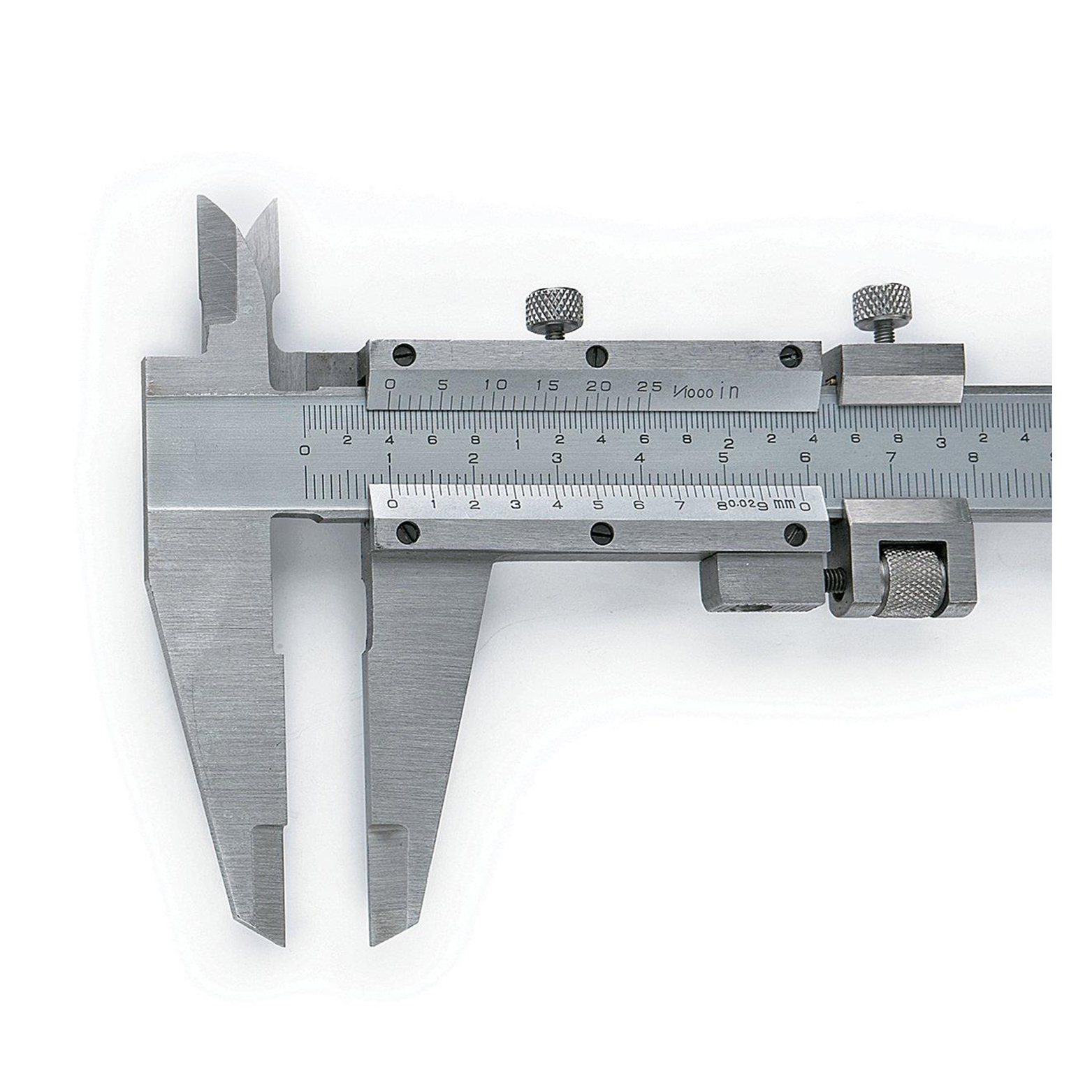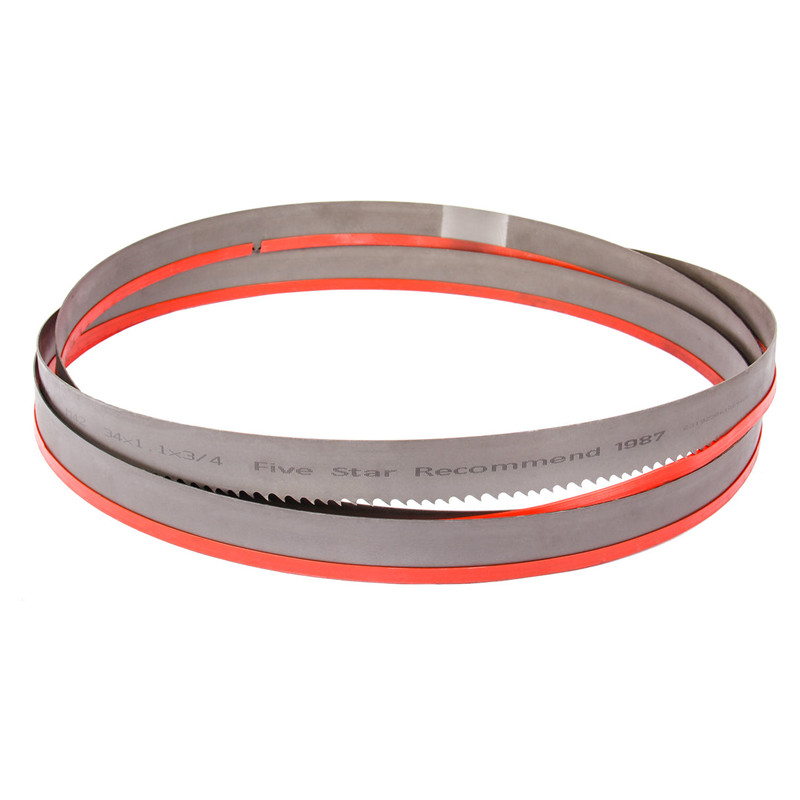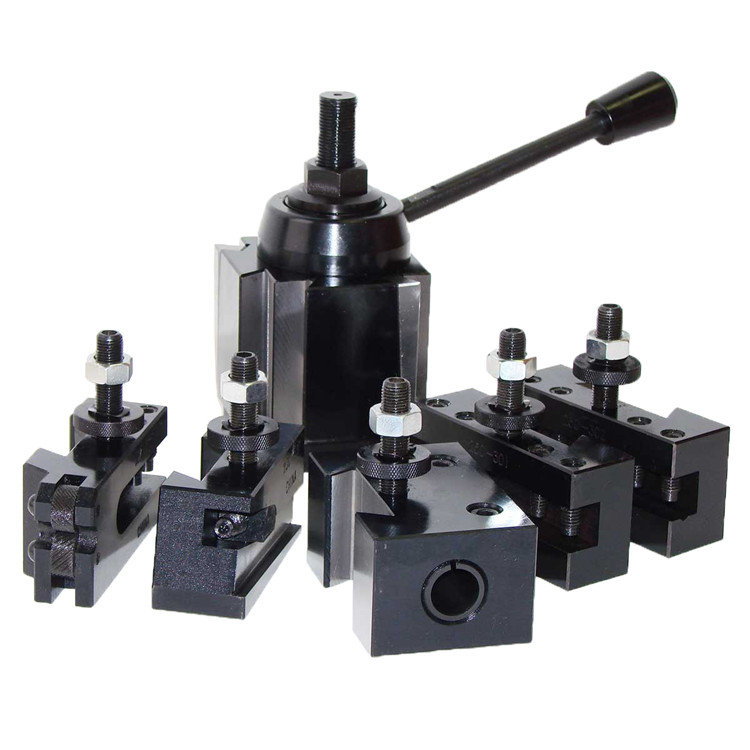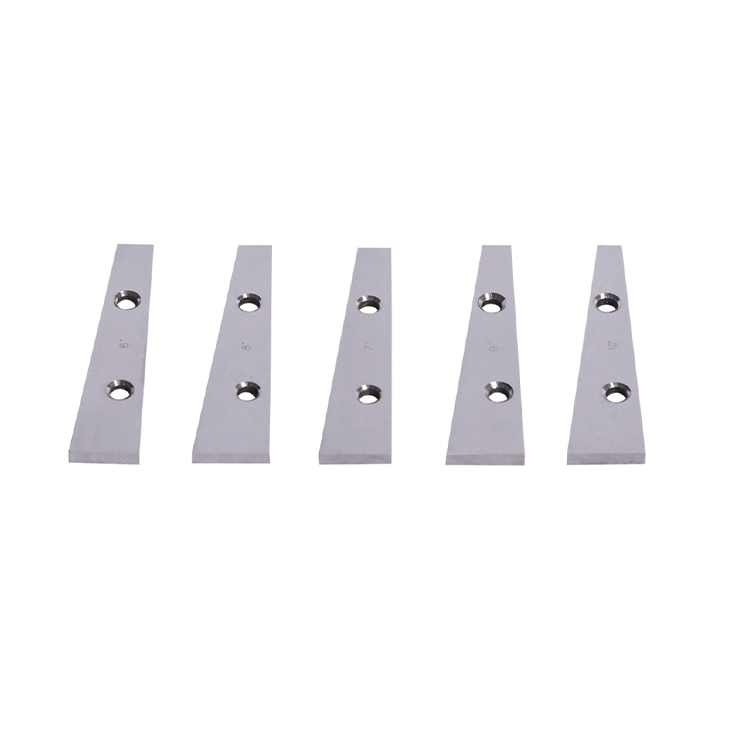carbide drills Suppliers
Finding reliable carbide drills suppliers can be challenging. This guide covers essential factors when choosing a supplier, different types of carbide drills, their applications, and tips for optimal usage. We also highlight key considerations for selecting the right drill for your specific needs.
Understanding Carbide Drills
Carbide drills are cutting tools made from cemented carbides, composite materials consisting of hard carbide particles bonded together by a metallic binder. This composition provides exceptional hardness, wear resistance, and heat resistance, making them ideal for machining tough materials at high speeds.
Benefits of Using Carbide Drills
- High Hardness: Allows for drilling into hardened materials.
- Wear Resistance: Extends tool life, reducing replacement costs.
- Heat Resistance: Maintains cutting edge integrity at high temperatures.
- High Speed Machining: Enables faster drilling speeds, improving productivity.
- Precision: Delivers accurate and clean holes.
Types of Carbide Drills
The market offers a wide array of carbide drills, each designed for specific applications. Understanding these differences is crucial when choosing a carbide drills supplier.
Solid Carbide Drills
Solid carbide drills are made entirely of carbide, offering maximum rigidity and precision. They are suitable for drilling hard materials like stainless steel, titanium, and cast iron. Due to their robust construction, they deliver clean, accurate holes and extended tool life.
Carbide Tipped Drills
Carbide tipped drills feature a steel body with a carbide cutting tip brazed or mechanically fastened to it. This design provides a balance between cost-effectiveness and performance. They are commonly used for drilling a variety of materials, including aluminum, steel, and plastics.
Coolant Through Carbide Drills
Coolant through carbide drills have internal channels that deliver coolant directly to the cutting edge. This helps to reduce heat, improve chip evacuation, and extend tool life. They are particularly beneficial for deep hole drilling and high-speed machining applications.
Indexable Carbide Drills
Indexable carbide drills utilize replaceable carbide inserts, allowing for quick and easy tool changes. This design minimizes downtime and reduces tooling costs. They are commonly used in high-volume production environments.
Applications of Carbide Drills
Carbide drills are used across numerous industries, demonstrating their versatility and effectiveness.
Aerospace Industry
In the aerospace industry, carbide drills are essential for machining high-strength alloys like titanium and Inconel. They are used to create precise holes in aircraft components, ensuring structural integrity and performance.
Automotive Industry
The automotive industry relies on carbide drills for machining engine blocks, cylinder heads, and other critical components. Their ability to withstand high temperatures and pressures ensures consistent and reliable performance.
Medical Industry
In the medical industry, carbide drills are used for manufacturing surgical instruments and implants. Their precision and biocompatibility are crucial for ensuring patient safety and effectiveness.
Electronics Industry
The electronics industry utilizes carbide drills for drilling micro-holes in printed circuit boards (PCBs). Their ability to create small, accurate holes is essential for ensuring the functionality of electronic devices.
Choosing the Right Carbide Drill Supplier
Selecting a reliable carbide drills supplier is critical for ensuring the quality and performance of your tools.
Factors to Consider
- Product Quality: Ensure the supplier offers high-quality carbide drills made from premium materials.
- Product Range: Choose a supplier with a wide range of carbide drills to meet your specific needs.
- Technical Support: Opt for a supplier that provides technical support and assistance with tool selection and usage.
- Competitive Pricing: Compare prices from different suppliers to ensure you are getting a fair deal.
- Delivery Time: Consider the supplier's delivery time to ensure you receive your tools promptly.
- Reputation: Research the supplier's reputation and customer reviews to gauge their reliability and service quality.
Tips for Optimal Usage of Carbide Drills
To maximize the performance and lifespan of your carbide drills, follow these tips:
Use the Correct Cutting Speed and Feed Rate
Using the appropriate cutting speed and feed rate is crucial for preventing premature wear and breakage. Refer to the manufacturer's recommendations for specific materials and drill sizes.
Use Coolant
Coolant helps to reduce heat, improve chip evacuation, and extend tool life. Use a coolant that is specifically designed for the material you are drilling.
Ensure Proper Tool Holding
Proper tool holding is essential for preventing vibration and ensuring accurate drilling. Use a rigid tool holder that provides adequate support for the drill.
Sharpen Regularly
Regularly sharpening your carbide drills helps to maintain their cutting edge and prevent them from dulling. Use a diamond grinding wheel for sharpening carbide.
Store Properly
Store your carbide drills in a dry, clean environment to prevent corrosion and damage. Use a tool storage cabinet or rack to keep them organized and protected.
Top Carbide Drill Suppliers
While Wayleading Tools provides a wide range of tooling solutions, including high-quality cutting tools, we understand the importance of exploring different options. We encourage you to research and compare suppliers to find the best fit for your needs. The following list contains some well-known suppliers in the industry.
- Kennametal: Offers a comprehensive range of carbide drills and tooling solutions.
- Sandvik Coromant: A leading supplier of cutting tools and tooling systems.
- Mitsubishi Materials: Provides high-performance carbide drills for various applications.
- Guhring: Specializes in precision drilling tools and solutions.
Wayleading Tools: Your Partner in Precision Machining
At Wayleading Tools, we are dedicated to providing our customers with high-quality tooling solutions and exceptional service. While we offer a comprehensive range of products and services, this guide focuses on helping you find the best carbide drills suppliers to meet your specific needs.
Carbide Drill Selection: Material Compatibility
Choosing the correct carbide drill depends significantly on the material you'll be machining. Here's a table summarizing drill types best suited for common materials.
| Material | Recommended Carbide Drill Type | Notes |
|---|---|---|
| Stainless Steel | Solid Carbide, Coolant Through | High heat resistance required; coolant extends tool life. |
| Aluminum | Carbide Tipped, Solid Carbide | Sharp cutting edges are crucial to prevent burrs. |
| Cast Iron | Solid Carbide | High hardness required for abrasive material. |
| Titanium | Solid Carbide, Coolant Through | Slow speeds and consistent coolant flow are essential. |
| Plastics | Carbide Tipped | Consider drills with specialized geometries for plastics to avoid melting and chipping. |
Conclusion
Choosing the right carbide drills suppliers is a vital step in ensuring optimal machining performance. By understanding the different types of carbide drills, their applications, and the factors to consider when selecting a supplier, you can make an informed decision and achieve your desired results.
Disclaimer: This article provides general information and should not be considered as professional advice. Always consult with a qualified expert for specific applications.
Related products
Related products
Best selling products
Best selling products-
 Precision Digital Caliper Of With Metric & Inch Size For Industrial
Precision Digital Caliper Of With Metric & Inch Size For Industrial -
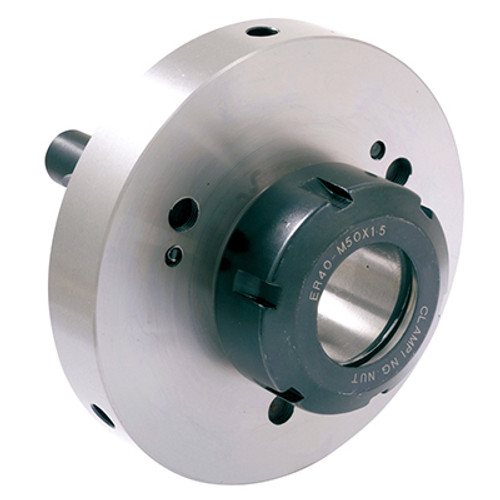 Camlock ER Collet Fixture With Lathe Collet Chuck
Camlock ER Collet Fixture With Lathe Collet Chuck -
 Type M Cone Tungsten Carbide Rotary Burr
Type M Cone Tungsten Carbide Rotary Burr -
 Deburring Tool Blades Using For Deburring
Deburring Tool Blades Using For Deburring -
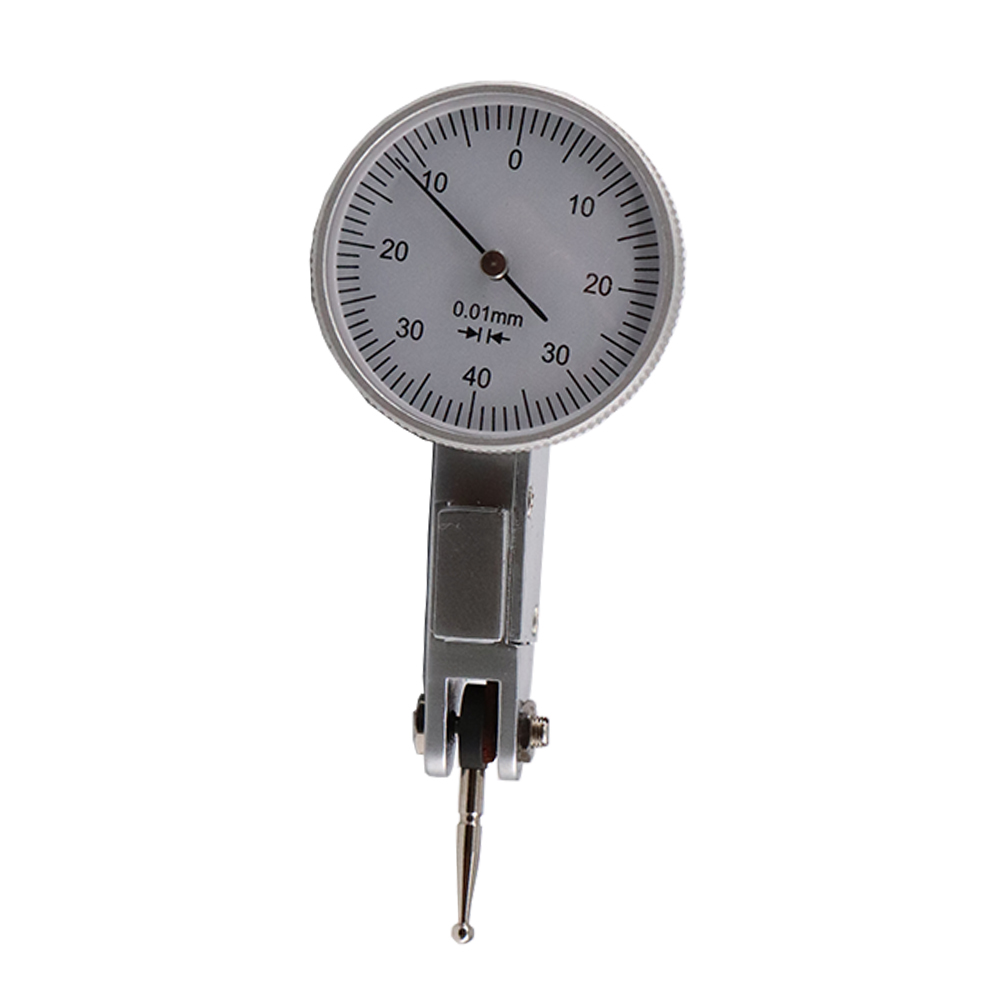 Precision Dial Test Indicator Gage For Industrial
Precision Dial Test Indicator Gage For Industrial -
 Inch Solid Carbide Twist Drill With Internal Coolant & External Coolant
Inch Solid Carbide Twist Drill With Internal Coolant & External Coolant -
 Carbide Tipped Hole Cutter For Cutting Stainless Steel And Iron Or Steel Plate
Carbide Tipped Hole Cutter For Cutting Stainless Steel And Iron Or Steel Plate -
 Precision Monoblock Fine-Adjustment Vernier Caliper Of Metric & Imperial For Industrial
Precision Monoblock Fine-Adjustment Vernier Caliper Of Metric & Imperial For Industrial -
 Precision V Block And Clamps Set With High Quality Type
Precision V Block And Clamps Set With High Quality Type -
 25PCS DIN338 HSS Twist Drill Bit Set From 1-13mm
25PCS DIN338 HSS Twist Drill Bit Set From 1-13mm -
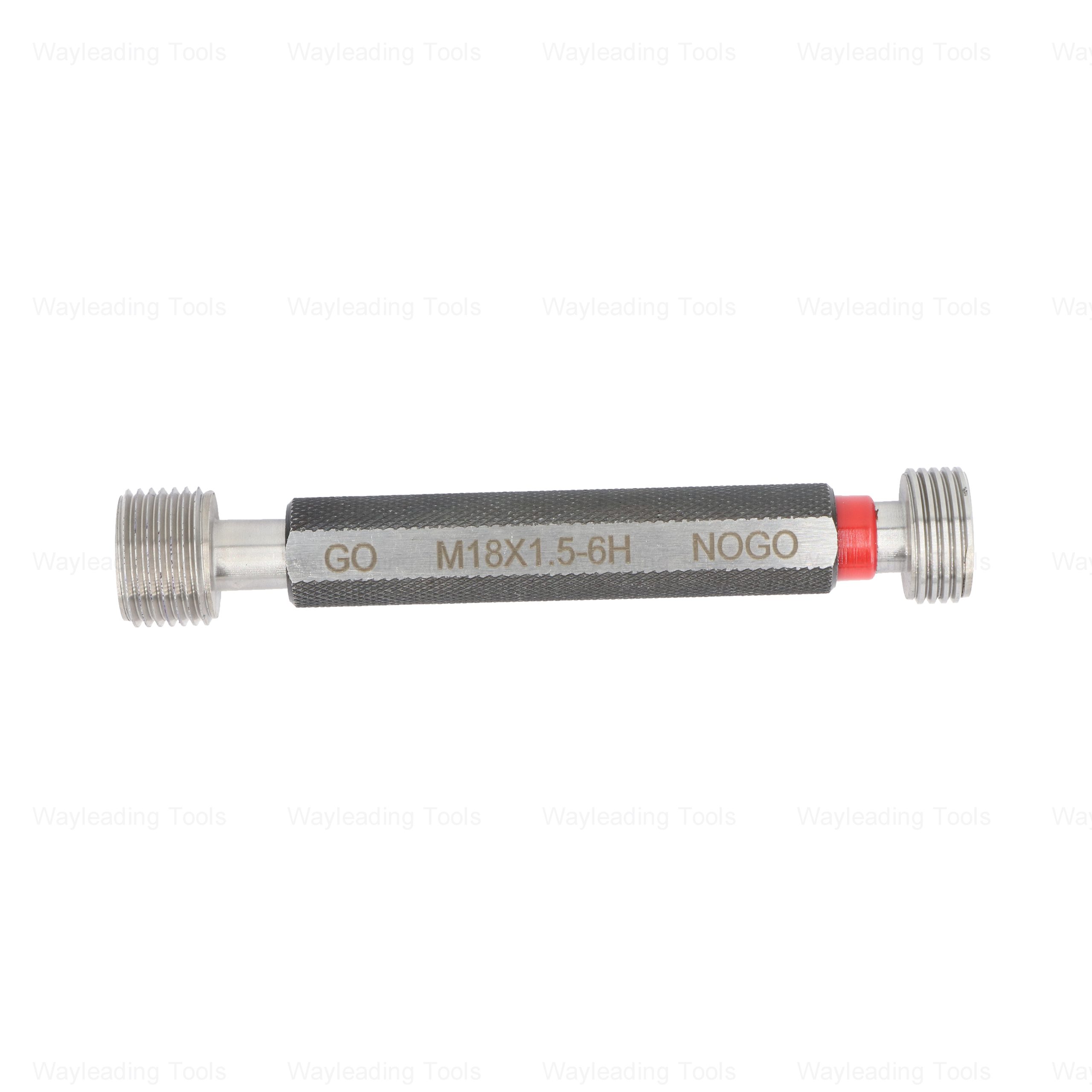 High-Precision Metric Thread Plug Gauge – 6H Class, GO & NO-GO Ends
High-Precision Metric Thread Plug Gauge – 6H Class, GO & NO-GO Ends -
 Indexable Square Shoulder End Mill For Industrial
Indexable Square Shoulder End Mill For Industrial

